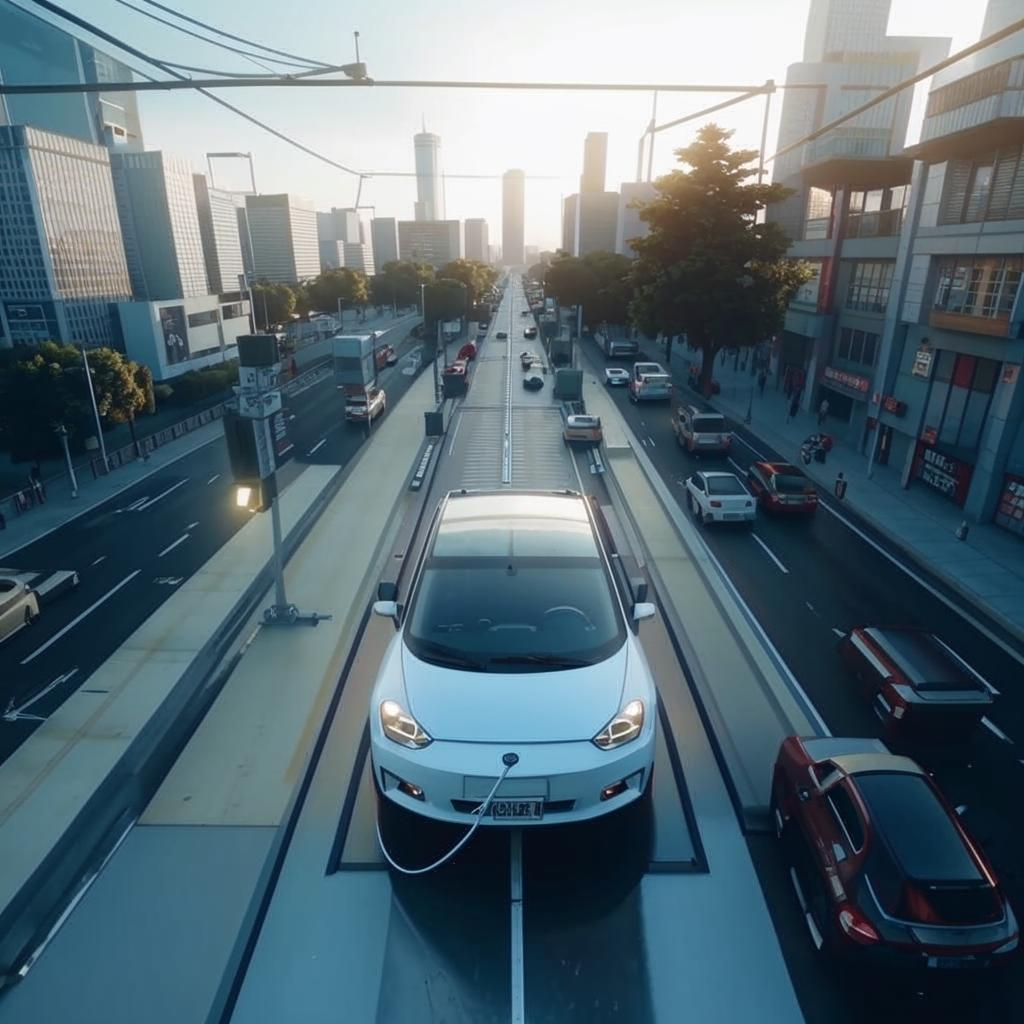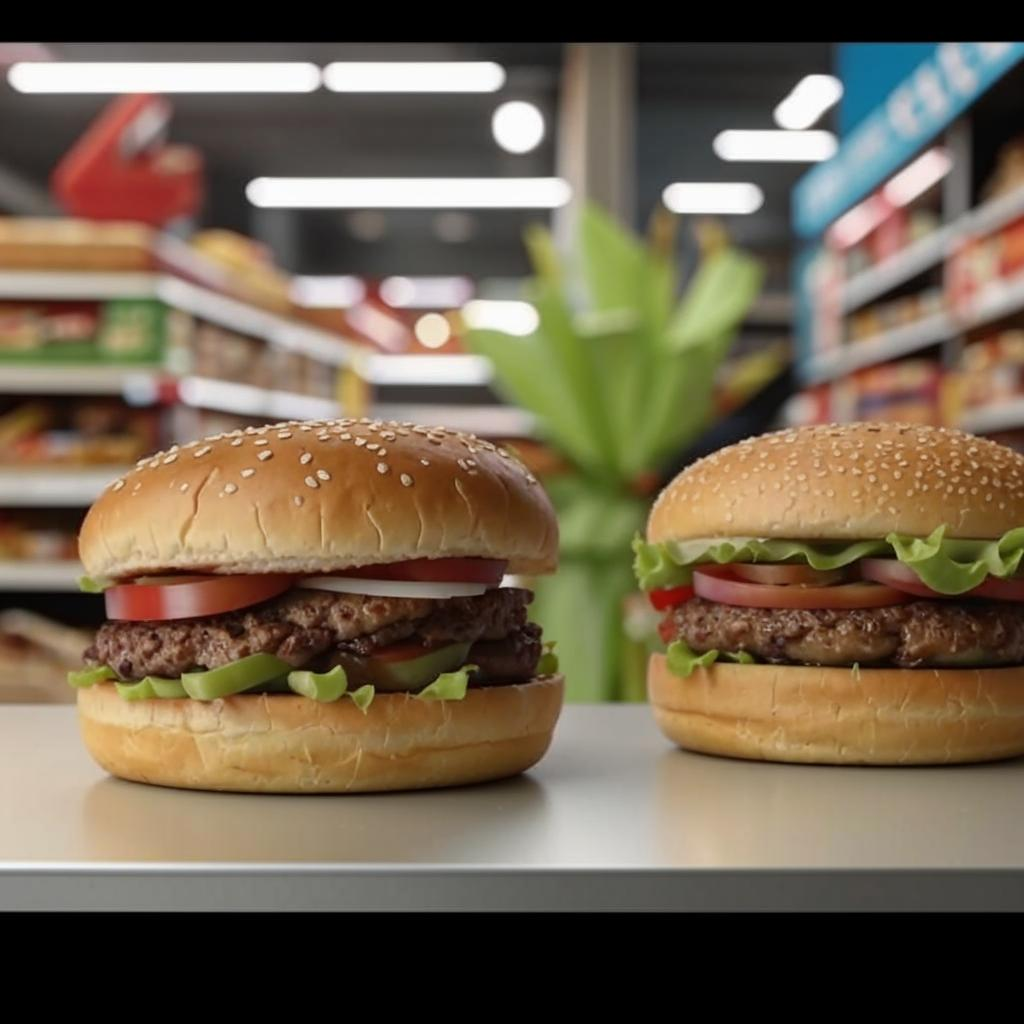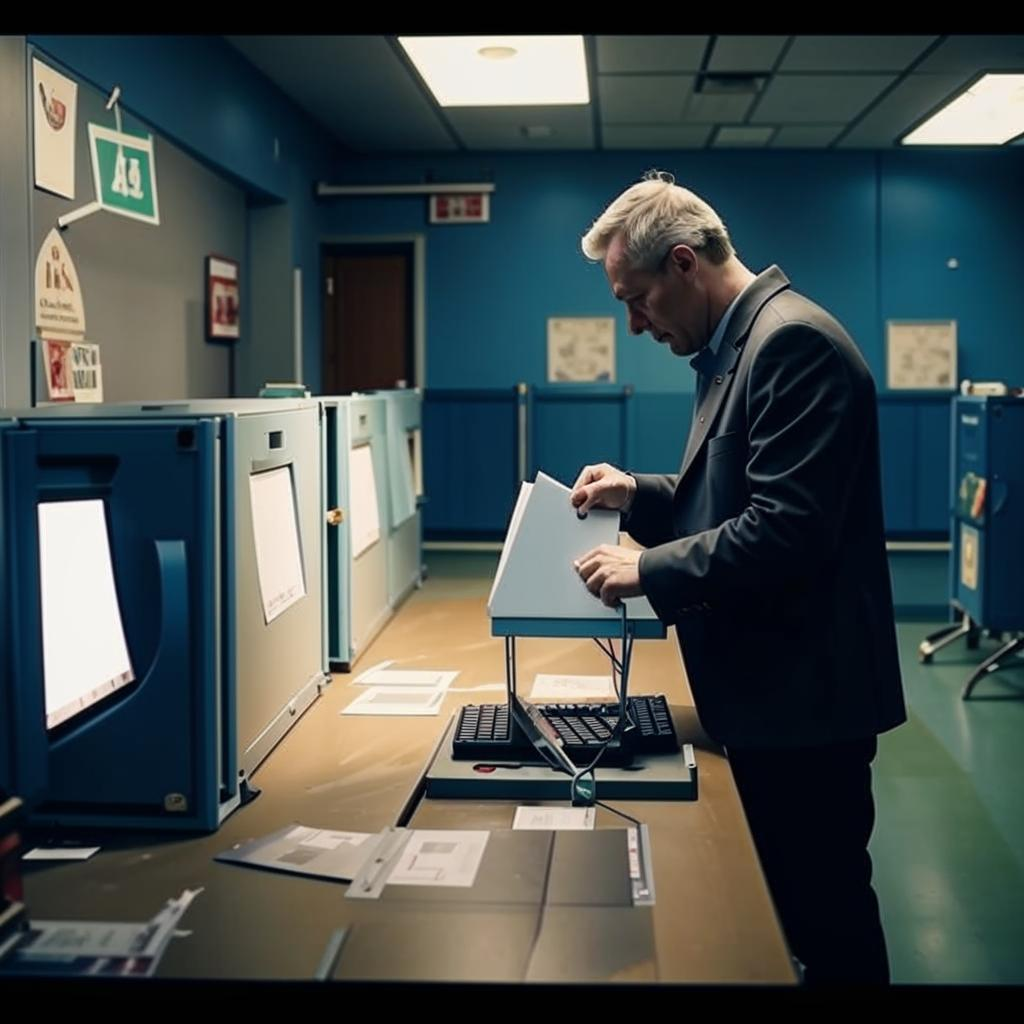As electric vehicle adoption accelerates, a critical challenge looms: what to do with the spent batteries? Automakers are now scrambling to build robust battery recycling infrastructure, recognizing both the environmental imperative and the potential economic benefits of recovering valuable materials like lithium, nickel, and cobalt.
The current recycling capacity is woefully inadequate to handle the projected influx of retired EV batteries in the coming years. This gap poses a significant risk, potentially leading to environmental damage from improper disposal and a missed opportunity to reduce reliance on newly mined materials. Establishing efficient recycling processes is also a move towards energy independence.
Several companies, including Redwood Materials (founded by Tesla co-founder JB Straubel), Li-Cycle and Ascend Elements, are pioneering innovative recycling technologies, promising higher recovery rates and lower environmental impact compared to traditional methods. These innovative technologies will extract the minerals more efficiently.
Carmakers are investing heavily in these ventures, either through direct partnerships or by establishing their own recycling facilities. The motivations are clear: securing a stable supply of critical battery materials, reducing costs, and enhancing their environmental credentials. Moreover, recycled materials can reduce dependence on geopolitically sensitive supply chains, further bolstering energy security.
However, significant hurdles remain. Scaling up recycling capacity requires substantial investment, technological advancements, and the development of standardized battery designs to facilitate efficient disassembly. Regulatory frameworks are also needed to ensure safe and responsible handling of spent batteries. Consumer awareness and participation in recycling programs are also crucial for the success of this circular economy. The establishment of battery recycling facilities provides manufacturing jobs, further benefiting from green energy and recycling.
The race is on to build a sustainable EV battery recycling ecosystem. The winners will not only contribute to a cleaner environment but also gain a competitive edge in the rapidly evolving electric vehicle market. The development of safe EV batteries can reduce waste and pollution.















